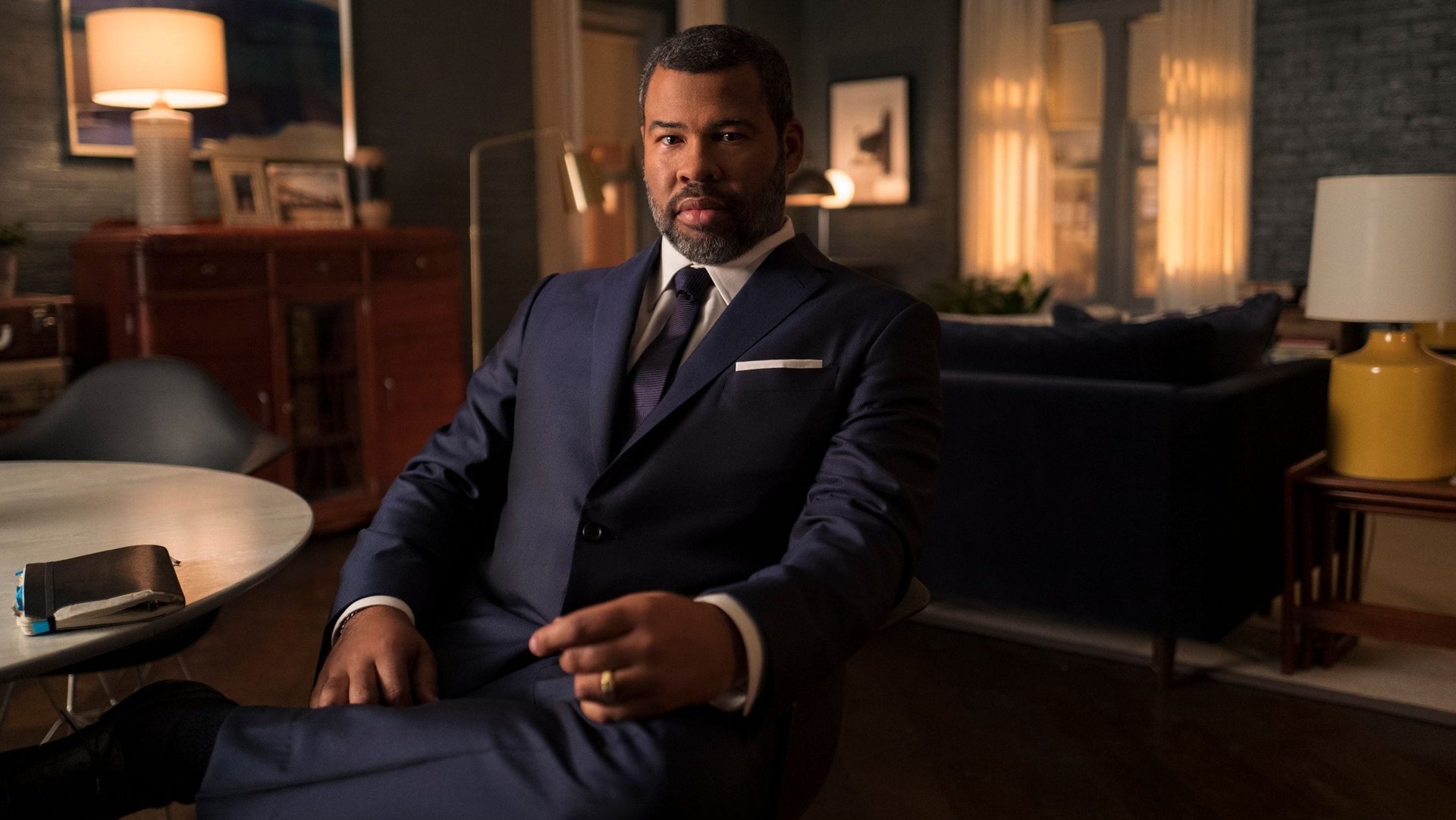Jordan Peele’s “Twilight Zone” adds some humor to our existential nightmares
Kumail Nanjiani doing standup. Adam Scott running maniacally around the cabin of a commercial plane. Known for their comic roles, these actors are probably not the first you’d call upon to conjure up existential dread—but they each do so impressively in the Twilight Zone reboot on CBS All Access.


Kumail Nanjiani doing standup. Adam Scott running maniacally around the cabin of a commercial plane. Known for their comic roles, these actors are probably not the first you’d call upon to conjure up existential dread—but they each do so impressively in the Twilight Zone reboot on CBS All Access.
Executive-produced and narrated by Us and Get Out director Jordan Peele, The Twilight Zone updates Rod Serling’s legendary 1960s sci-fi anthology series for the modern day. Each episode of Serling’s show reflected the Cold-War-era anxieties of the time: Townspeople turn on each other in an anti-alien paranoia to convey the horrors of McCarthyism; another town is bathed in literal darkness because it won’t confront its racist practices.
This new Twilight Zone similarly explores the issues facing our present moment—young black men targeted by white police officers, global political unrest, deciphering truth versus misinformation—via dystopian hells and Kafkaesque nightmares. Since Peele is involved, there’s also some deliciously dark humor.
In the four episodes CBS made available to critics, one thing is abundantly clear: Black Mirror this is not. The technology-focused Netflix anthology series, to which the new The Twilight Zone will inevitably be compared, traffics in despair. It rarely has happy endings or provides much humor or hope at all.
The Twilight Zone shows it’s possible to maintain a sense of humor while escorting viewers through terrifying ordeals. Fans of Peele’s Us and Get Out will be pleased to know The Twilight Zone, though not directed by Peele, features his signature blend of comedy and horror.
“We take ourselves seriously but never too seriously,” Peele told the New York Times (paywall). “It can’t go so dark that it makes us want to curl up in a ball.” (Peele told the Times he’s a fan of Black Mirror, but said that “it goes darrrrrrk. Dark dark. As dark as anything I’ve ever seen—and I love that.”)
It is perhaps no surprise that one of the episodes premiering Monday (April 1) is called The Comedian, about a standup comedian (Nanjiani) who makes a deal with the comedy-club equivalent of the devil (Tracy Morgan). Realizing that audiences are not reacting positively to his political comedy (one failed pro-gun-control joke emphasizes that the US second amendment begins with the words “a well-regulated”), the comedian decides to start using real people from his personal life as punchlines. The episode is far funnier than it is scary—unless, of course, you’re an aspiring comedian.
The other episode debuting April 1 is a pseudo-remake of “Nightmare at 20,000 Feet,” one of the most memorable installments of Serling’s original series. Adam Scott fills the shoes of William Shatner as an airline passenger utterly convinced that the plane he’s on is about to go down. Scott, of Parks and Recreation and Step Brothers fame, flailing around the plane in a cold sweat trying to tell uninterested passengers that they’re all about to die is very tense, sure. It’s also very funny. Another highlight: the show’s fourth installment, starring Steven Yeun as a mysterious traveler in a suit and trilby hat who likes karaoke. Beyond that, the less you know the better.
In Serling’s original series, characters usually would have to look inward and make some kind of realization about themselves before they could discover the truth of the bizarre situations in front of them. Despite its moments of levity, the CBS reboot is faithful to the original in that fundamental respect. Each episode is a race against time to see if the protagonist will recognize some fatal flaw in their life—before it’s too late.